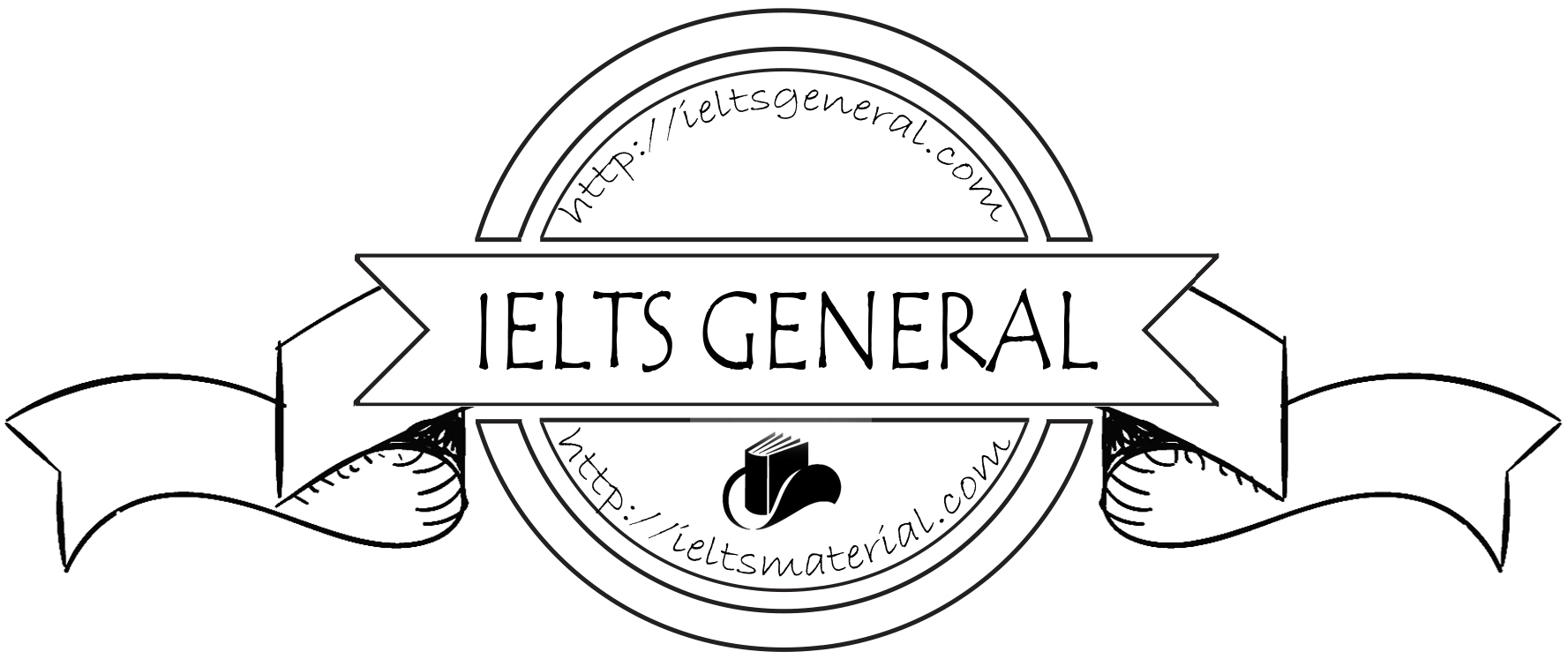176. Using the reason is because instead of the reason is that
Don’t say: The reason is because I believe it.
✓ Say: The reason is that I believe it.
The word reason denotes cause, therefore the reason is because is repetition. The correct idiom is the reason is that …
177. Using a country instead of the country
Don’t say: I spend my holidays in a country.
✓ Say: I spend my holidays in the country.
A country is a place like France, India, or Egypt. The country is a rural area where there are no towns or cities.
178. Using if instead of whether
Don’t say: I asked Paul if he was going.
✓ Say: I asked Paul whether he was going.
Where or not is implied, use whether, not if. Unlike whether, if does not expect a Yes or No reply –> I shall speak to him if he comes.
179. Using any for two, instead of either
Don’t say: Any of these two books is good.
✓ Say: Either of these two books is good.
Either means one or the other of two, any means one of three or more –> Any of these books will do.
180. Using likes me instead of I like
Don’t say: The cinema likes me very much.
✓ Say: I like the cinema very much.
Note: The cinema appeals to me is correct, and means I like the cinema very much.
181. Using neither …or instead of neither … nor
Don’t say: Sara speaks neither English or French.
✓ Say: Sara speaks neither English nor French.
Remember: Neither must be followed by nor and not by or. Either is followed by or –> She drinks either orange juice or apple juice.
182. Using both in a negative sentence instead of neither
Don’t say: Both of them didn’t go to school today.
✓ Say: Neither of them went to school today.
Remember: Change both into neither in a negative sentence and use a positive verb.
183. Using also or too in a negative sentence instead of either
Don’t say: Joe hasn’t come also (or too).
✓ Say: Joe hasn’t come either.
Remember: Change also or too into either in negative sentence
184. Using and in a negative sentence instead of or
Don’t say: I don’t like red and orange. I want the blue one.
✓ Say: I don’t like red or orange. I want the blue one.
The meaning of the first sentence is that you don’t like the two colors together. The intended meaning is that you don’t like either of them, even separately.
Note: If we join clauses with different subjects we use and even after a negative –> He didn’t write to me and l was worried.
185. Using till instead of before or when
Don’t say: I’d reached the school till the rain started.
✓ Say: I’d reached the school before the rain started.
Or: I’d reached the school when the rain started.
Before or when introduces a clause of time, if the verb of the main clause denotes an action completed before that of the time clause.
